They Were Supposed to Be Huge: 24 Actors Who Missed Their Chance of Being an A-List Star
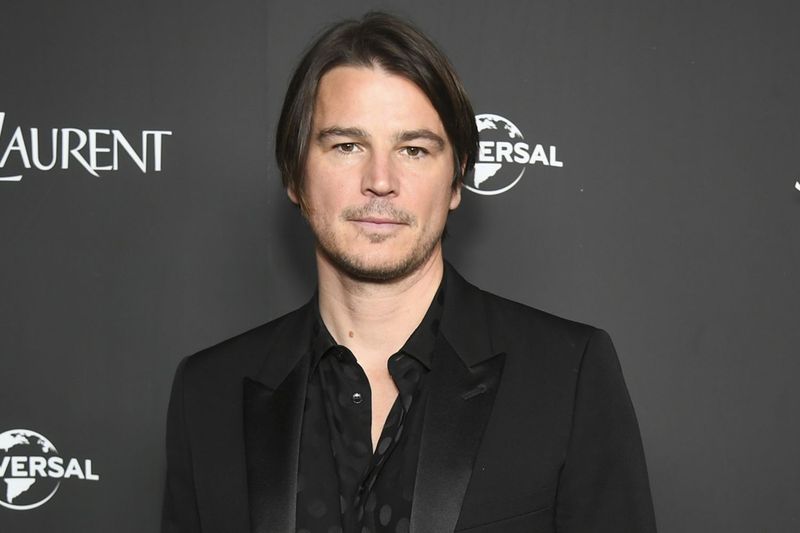
Fame isn’t just about talent—it’s a fragile cocktail of timing, choices, and a little bit of luck. Some actors brush right up against megastardom, only to watch the door swing shut at the worst possible moment.
These near-misses make for fascinating what-ifs and hard-earned lessons about Hollywood’s ruthless momentum. Buckle up for 24 careers that seemed destined for the stratosphere but stalled just short of orbit.
1. Taylor Kitsch
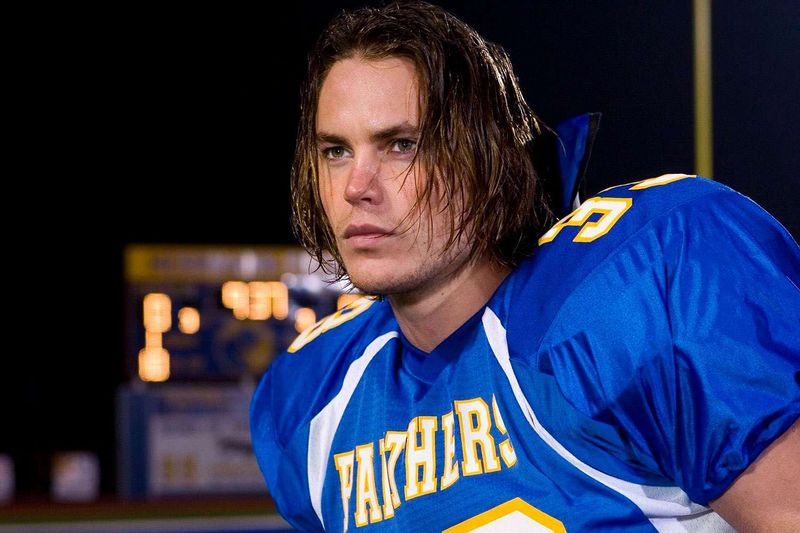
Momentum was practically sprinting beside him after Friday Night Lights, when studios crowned him a can’t-miss leading man. Then the one-two punch of John Carter and Battleship arrived with bloated budgets, soft reviews, and tiny cultural footprints. The box-office bruises made executives skittish, and suddenly the scripts with nine-figure hopes dried up.
He didn’t stop delivering good work; he simply pivoted to smaller, grittier projects and TV limited series that let him flex. Audiences who followed saw a committed actor with presence, not a casualty of hype. Yet the distance between prestige cable standout and multiplex king is vast.
Hollywood loves a comeback, and he’s quietly building one through character-first roles. The charm and physicality remain, just repackaged. If a savvy auteur links him to the right vehicle, the narrative could flip—but for now, he’s the poster child for hype’s hangover.
2. Josh Hartnett
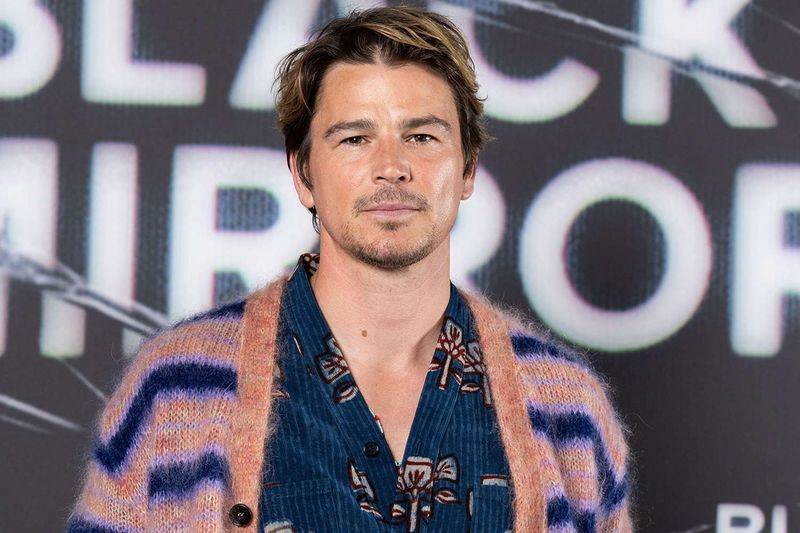
Heartthrob status arrived early, along with a stack of leading-man offers that most actors dream about. Instead of chasing capes and franchises, he stepped back, wary of the fame machine and the loss of autonomy it promised. That choice cooled the heat right when studios were desperate for a new Batman-era anchor.
Distance gave him perspective and a chance to pick stranger, artier projects—often good, rarely megawatt. The industry respected the integrity even as the buzz moved on to the next fresh face. When momentum lapses, Hollywood’s attention span can be brutal.
Recent resurgences in auteur-led films have reminded audiences of his range. The irony is delicious: avoiding the A-list preserved his longevity. He may never be the blockbuster’s first phone call, but he’s carved out a career with texture, control, and surprising second-act swagger.
3. Katherine Heigl
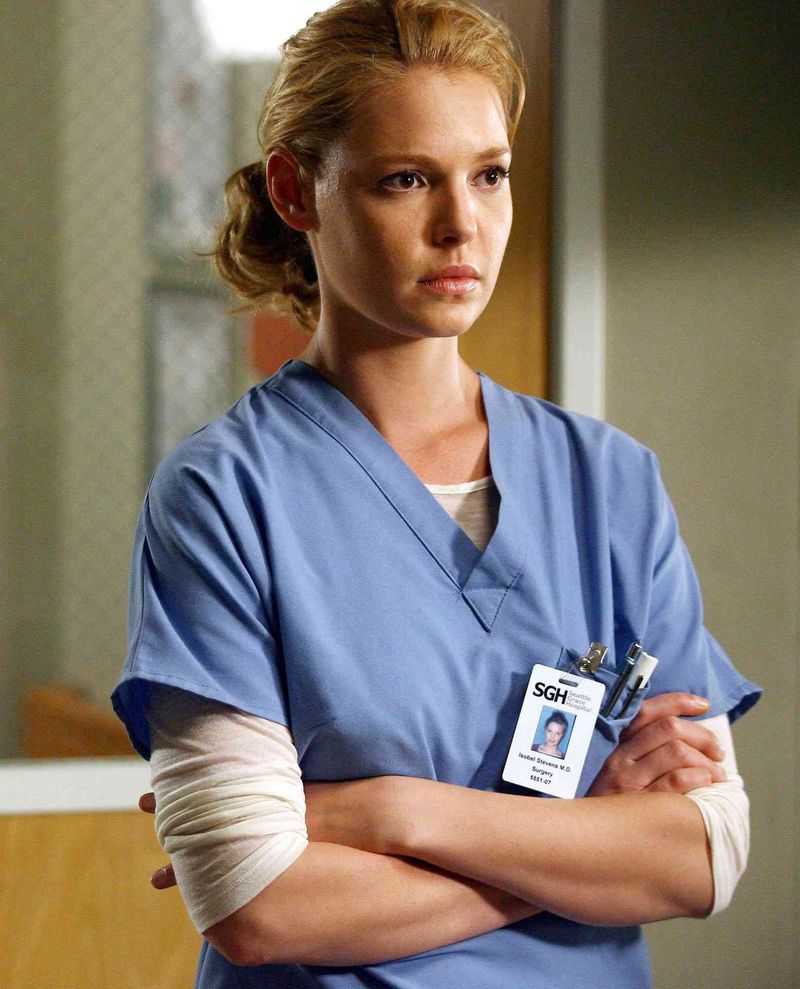
Early on, she locked the rom-com chemistry code and became TV royalty with undeniable comedic timing. Then came public critiques of her own projects and whispers of on-set friction, which Hollywood translates into risk. The narrative hardened fast: difficult, ungrateful, off-brand for the sunny persona audiences adored.
That story overshadowed the work, shrinking opportunities and nudging her toward smaller platforms. The irony is that candor—often praised in men—became a career hurdle she couldn’t easily vault. Meanwhile, the rom-com market itself contracted, removing her safest home base.
Recalibration through streaming and ensemble TV brought steadier footing and goodwill. Viewers still root for her; the charm didn’t evaporate, it just needs the right frame. A reputation can be rewritten with time, humility, and a killer role, but the climb back to A-list oxygen is steep.
4. Shia LaBeouf

He roared into the mainstream with Transformers, blending boyish charisma and manic energy into instant blockbuster currency. As headlines multiplied—performance-art stunts, legal troubles, and on-set controversies—studios recalculated the risk. The talent never vanished, but the PR weather system around him turned unpredictable.
Indie filmmakers still saw the rawness that powered electrifying performances. That path produced critical highs and haunting turns that reminded everyone of his chops. Yet absent the studio’s steady embrace, the giant tentpole invitations dwindled.
A redemption arc remains possible, albeit complicated by serious allegations and public scrutiny. Hollywood is cautious when volatility threatens schedules and marketing. If stability and accountability take root, he could map a path back; until then, his story is a case study in potential throttled by turbulence.
5. Megan Fox
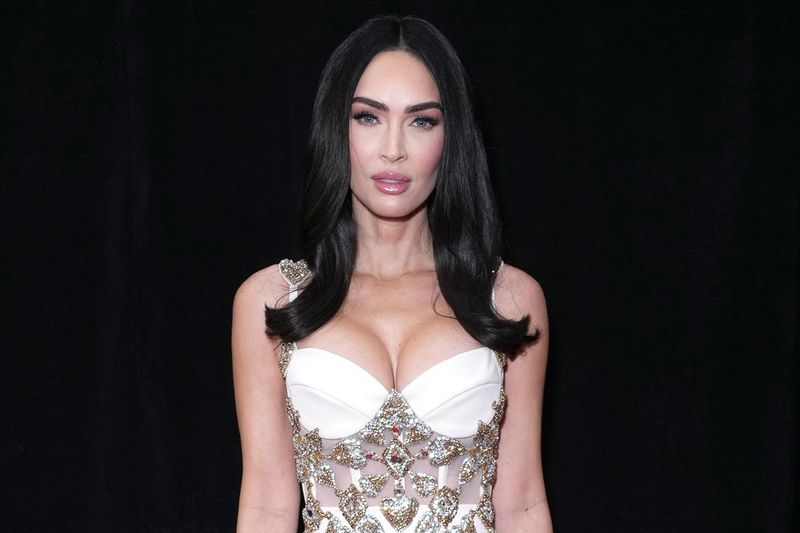
Few debuts hit like a meteor the way hers did in Transformers, swiftly cementing her as a household name. A public fallout with Michael Bay and a string of limp vehicles undercut the trajectory that seemed preordained. Even Jennifer’s Body needed time to be appreciated, arriving before cult adoration translated into box office.
The industry’s reflexive typecasting didn’t help, funneling her into glossy roles that sidelined wit and timing. She’s since leaned into self-aware comedy and genre appeal, finding spaces less obsessed with prestige. Reappraisals have painted her as sharper and funnier than studios allowed.
Image management is its own battlefield, and she’s winning ground by reframing expectations. The A-list may be elusive, but the brand is resilient. With savvy collaborators who value her specific magnetism, there’s room for a late-career plot twist.
6. Taylor Lautner
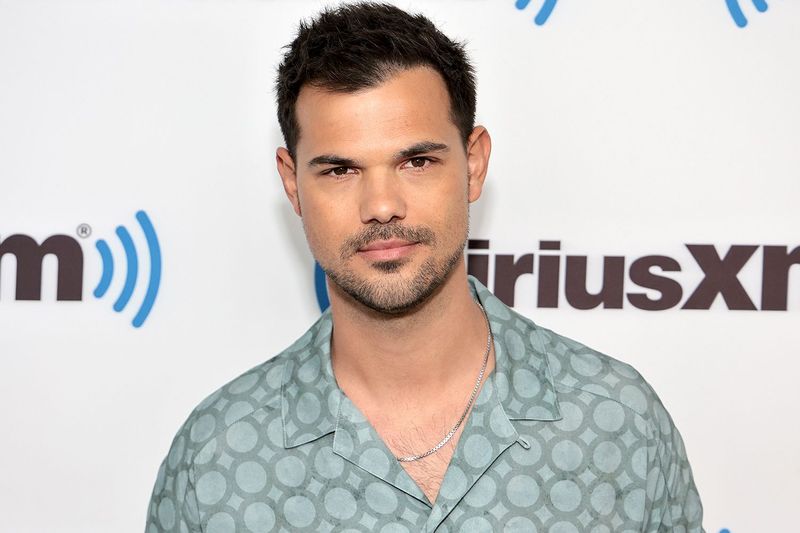
Fame erupted overnight thanks to Twilight, with tabloid frenzy and action-figure-level recognition. The problem was what came next: thin vehicles and roles that leaned solely on abs and scowls. Without a breakout outside the franchise, audiences and executives struggled to imagine range beyond teen-wolf mythology.
It’s not that he lacked work ethic, but typecasting is a stubborn lock without the right key. The projects that followed proved forgettable, and time is merciless when you’re tethered to a single phenomenon. Eventually, the heat cooled to a comfortable lukewarm.
He’s taken a lighter, more self-aware route lately, finding humor in his own pop-culture legacy. That candor endears him to fans once more. A pivot to character-driven TV or action-comedy ensembles could still yield a second wind, just not the A-list gale once promised.
7. Brandon Routh
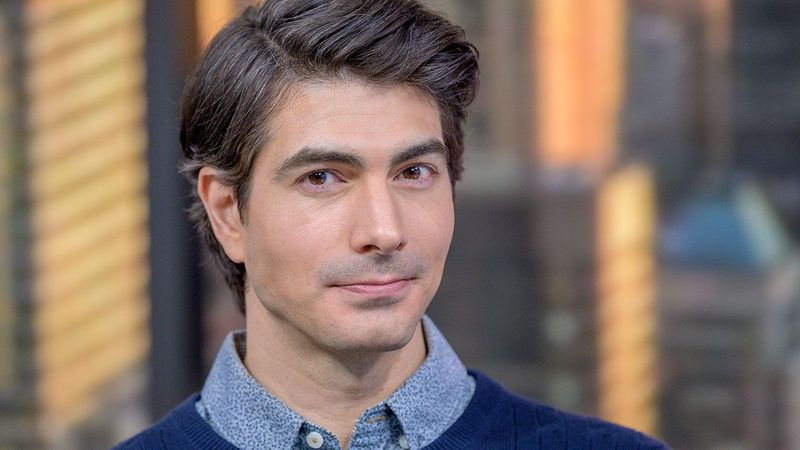
Donning the cape in Superman Returns looked like a star-forging coronation, but the film’s muted cultural impact complicated the narrative. He captured earnestness and classic heroic lines, yet franchise continuity stalled, leaving him without the sequel rocket fuel. When your big swing lands softly, Hollywood often doesn’t pitch again.
Television welcomed him back with open arms, particularly in DC’s Arrowverse, where charm and comedic timing shone. That TV goodwill reframed him as a reliable, likable presence rather than a one-off curiosity. Still, the movie lane never fully reopened.
He embodies the paradox of superhero casting: perfect fit, imperfect circumstances. Audiences fondly remember his turn, but bankable star status requires sustained box-office proof. He carved a stable career in genre circles, even if the A-list cape flew to someone else.
8. Sam Worthington
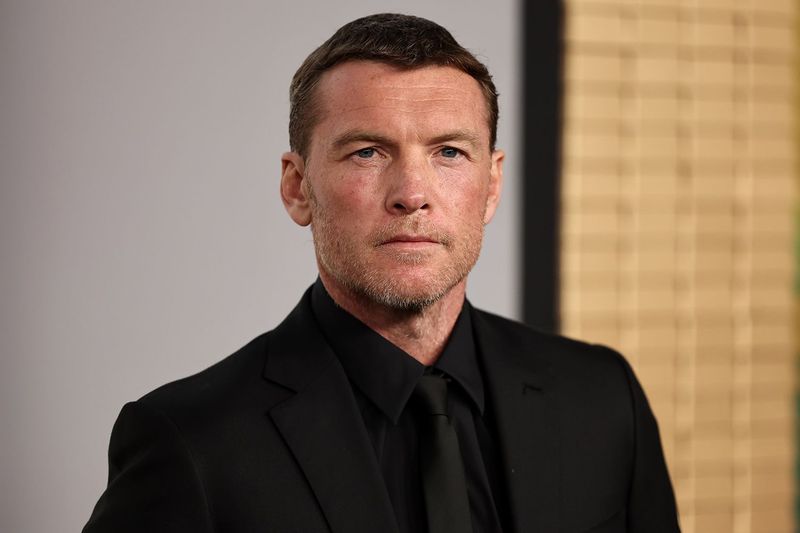
Imagine fronting the biggest film on the planet and somehow not becoming ubiquitous afterward. That’s the Sam Worthington conundrum: Avatar minted billions while his off-Cameron roles seldom lingered in memory. Projects like Clash of the Titans performed decently but didn’t convert into durable fandom or critical heat.
The stoic everyman quality works in spectacle; it needs sharper scripts elsewhere to pop. As the industry pivoted toward IP-driven ensembles, his singular leading-man identity blurred. Then the long gap between Avatar entries kept his name tethered to a world that hibernated.
Recent character-driven turns remind viewers he’s more than a blue-cat warrior surrogate. If he leans gritty and specific, the work resonates. Still, the rare chance to ride a mega-franchise into A-list permanence didn’t translate, making him a fascinating case of visibility without ubiquity.
9. Alex Pettyfer

Every sign pointed to franchise leadership when he headlined I Am Number Four and flirted with YA dominance. The box office didn’t cooperate, and rumors of difficult behavior spread faster than opening-weekend receipts. In an era of carefully managed personas, that chatter can shut doors you never knew existed.
Even Magic Mike visibility didn’t reset the narrative, overshadowed by bigger personalities and juicier arcs. Handsome doesn’t equal inevitable; charisma on paper must survive production realities and press cycles. He became a reminder that Hollywood prizes ease as much as ability.
Independent films and directing detours broadened his toolkit and softened the noise. There’s an adult phase awaiting him if he commits to textured, humbler roles. But the shot at A-list YA poster-boy status evaporated just as quickly as it appeared.
10. Emile Hirsch
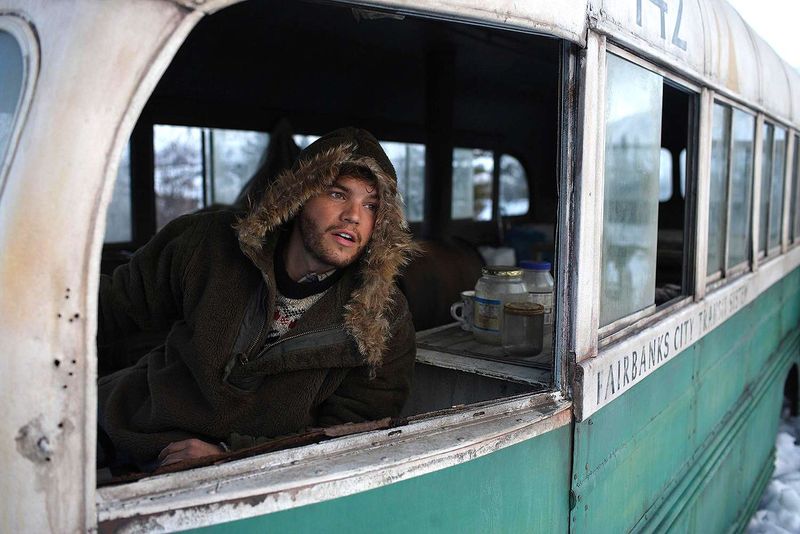
Critical acclaim arrived early with Into the Wild, signaling a serious actor poised for awards and steady leads. Then came a patchwork of box-office stumbles and off-screen controversy that clouded casting rooms. It’s hard to champion the next big thing when headlines compete with the craft.
He still turns in committed performances, often in smaller films that value intensity over gloss. The mainstream, however, moved on to shinier new arrivals with fewer complications. Hollywood has a short memory for promise and a long memory for risk.
Reputation repair is arduous but possible through consistent, excellent work. If he keeps choosing directors who harness his focus, a prestige comeback isn’t unthinkable. For now, he lives in the liminal space between cult admiration and the broad spotlight that once seemed inevitable.
11. Taylor Momsen
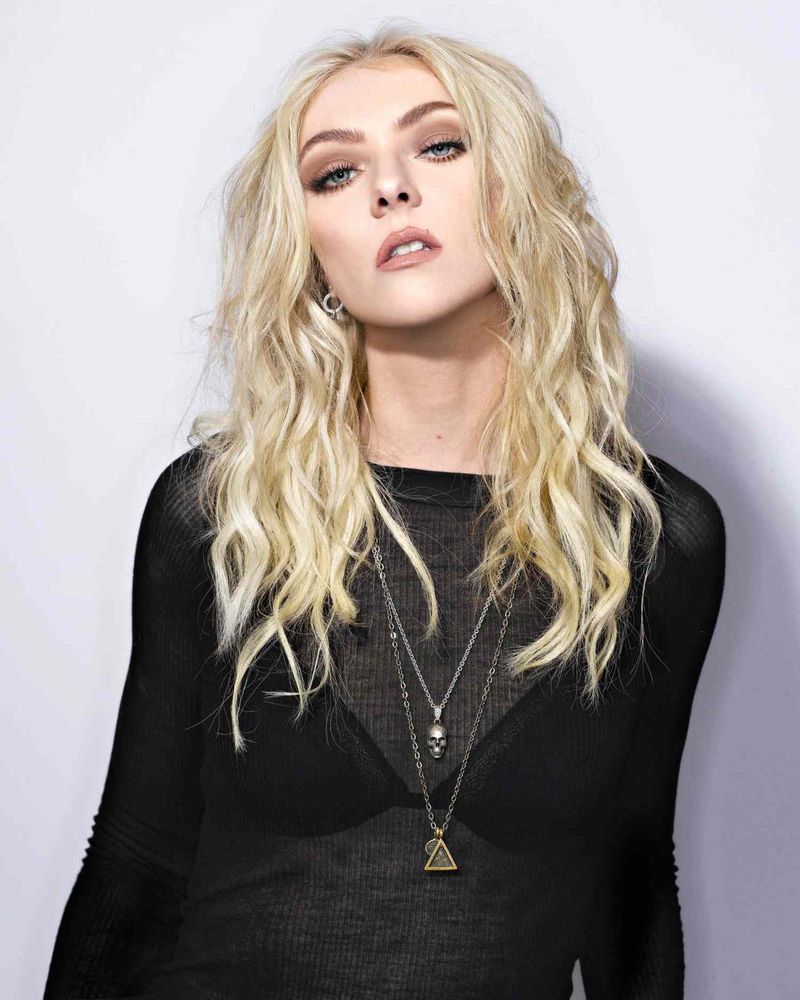
Few child actors assemble a launchpad like hers: The Grinch, teen-idol fame on Gossip Girl, and a striking screen presence. Rather than chase movie superstardom, she made a hard pivot and built The Pretty Reckless into a legit rock act. Walking away from acting momentum is rare—and refreshingly intentional.
Music demanded the focus that Hollywood auditions would have fractured. The result was credibility on stage and a fanbase that didn’t care about box-office stats. She traded red carpets for tour buses and found a steadier home.
Could she return to film? Of course, and likely on her terms. The A-list that once beckoned is no longer the prize; artistic control is. That choice reframes her as a success story of reinvention, not a casualty of a missed moment.
12. Sarah Michelle Gellar
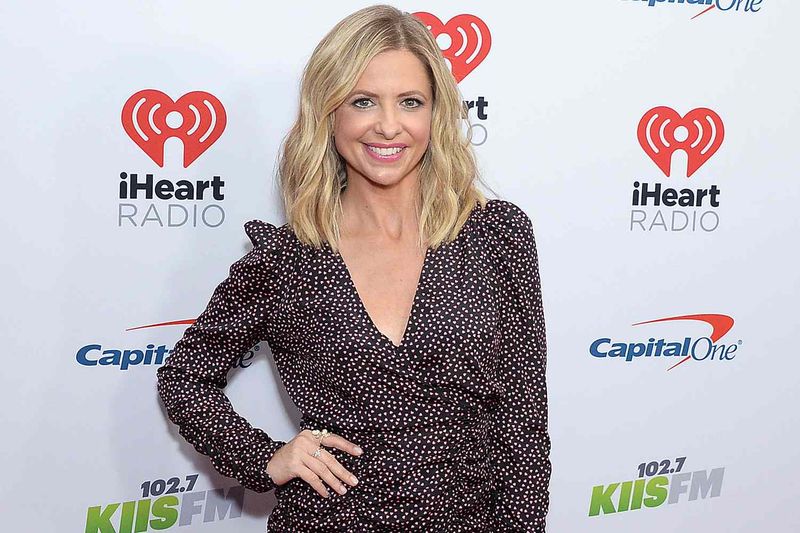
Icon status came stamped with a stake thanks to Buffy the Vampire Slayer’s cultural footprint. Transitioning that TV dominance to movie megastardom proved trickier, despite hits like The Grudge and a beloved turn in Cruel Intentions. The films performed, yet the industry never rebranded her as a default theatrical lead.
Brand association can be both blessing and prison; audiences loved her as Buffy, studios hedged outside that lane. She pivoted to voice work, producing, and selective TV appearances that showcased professionalism and longevity. The career is enviable even if the A-list crown never landed.
She remains a convention favorite and a nostalgia anchor with cross-generational appeal. In a streaming era hungry for revived icons, the door isn’t closed. Still, the big-screen apex stayed a half-step away, more cult royalty than box-office monarch.
13. Rachael Leigh Cook
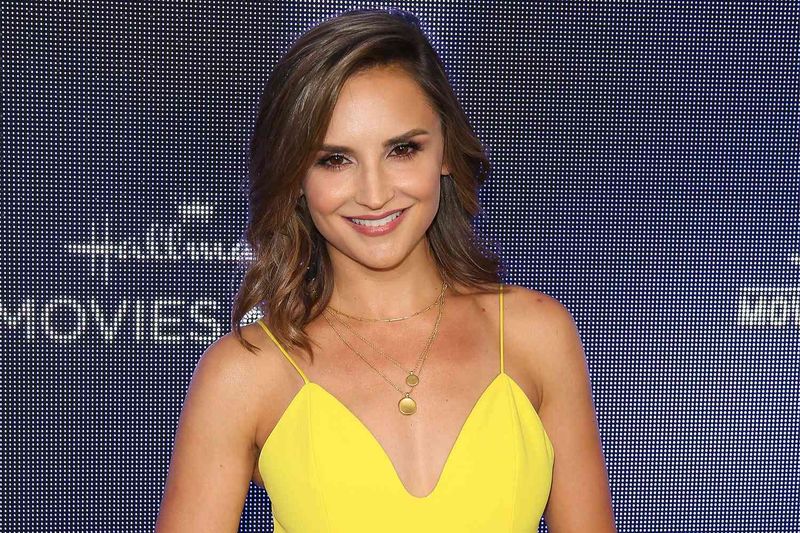
The transformation scene in She’s All That became a late-’90s time capsule and an instant career accelerant. Yet as teen-movie trends cooled, the scripts that might have elevated her to sustained theatrical leads thinned. She found herself headlining smaller rom-coms that charmed quietly instead of roaring across multiplexes.
Hollywood often misreads gentler screen presences, undervaluing subtle charisma in favor of loud franchises. She transitioned into voice work and TV movies, building a steady, under-the-radar résumé. Cult-favorite status isn’t failure; it’s a dedicated lane with loyal fans.
Recent nostalgia waves have given her a savvy platform to produce and star in comfort-food romances. That entrepreneurial streak hints at longevity beyond trends. The A-list spotlight never fixed firmly on her, but the glow of enduring likability hasn’t dimmed.
14. Jennifer Love Hewitt
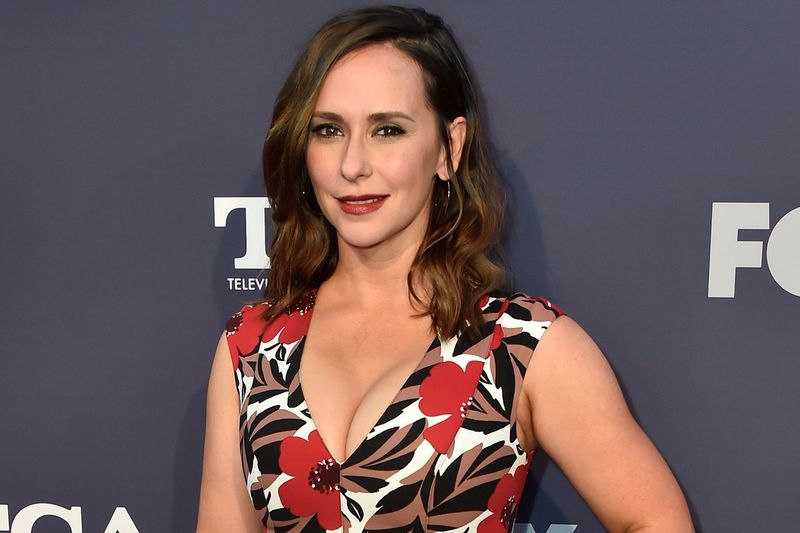
Between Party of Five, I Know What You Did Last Summer, and teen-mag ubiquity, she felt destined for big-screen permanence. The pivot to TV movies and procedurals stabilized her career while cooling box-office buzz. That trade-off delivered longevity, just not the blockbuster halo.
Audience affection never wavered; she brings warmth that translates beautifully on television. Hollywood, however, measures A-list status by opening-weekend math and awards chatter. Without high-visibility film showcases, the narrative quietly shifted to dependable small-screen star.
In a streaming world blurring film and TV lines, her brand could still surprise. A sharp supporting role in a prestige feature would spark reevaluation. For now, she exemplifies the comfortable middle ground: beloved, consistently employed, and one elusive hit away from a different industry story.
15. Jamie Dornan

Global visibility arrived in a whirlwind via the Fifty Shades phenomenon, but prestige didn’t hitch a ride. Those films sold tickets without convincing critics, leaving a gray area between fame and bona fide clout. He needed post-trilogy roles that screamed range, not just smolder.
To his credit, he chased variety—offbeat comedies, thrillers, and character-driven TV—to shake the association. The craft sharpened, even as the A-list summit stayed hazy. It’s tough to erase a pop juggernaut’s imprint without an awards-season thunderclap.
Charm and self-deprecation have become his secret weapons in interviews and lighter fare. If a visionary director pairs him with an unexpected role, the perception could flip. Until then, he’s famous-famous, not bankable-famous, living in that curious in-between.
16. Jai Courtney
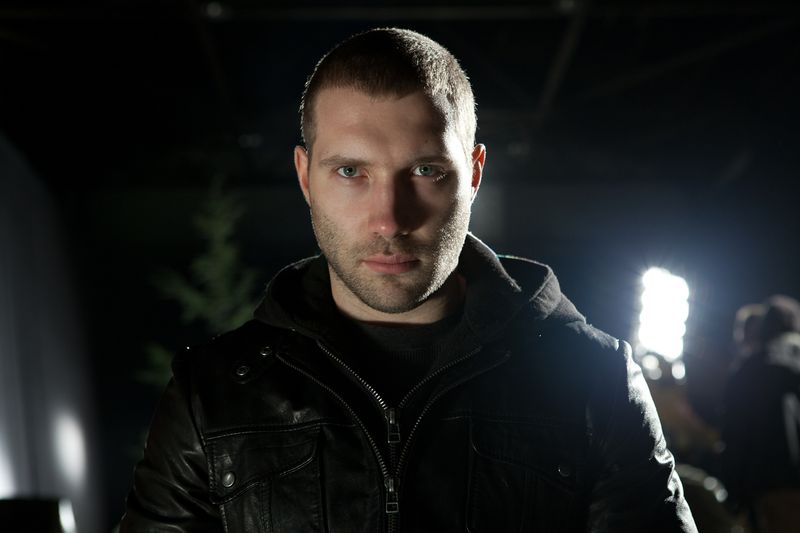
Studios repeatedly earmarked him for franchise propulsion—Die Hard sequels, Terminator reboots, even Suicide Squad. The problem wasn’t effort; it was the projects collapsing under critical shrugs and tonal miscues. When your calling card is “the guy from the underwhelming reboot,” momentum suffers.
He’s a physical presence with action credibility, but audiences need a reason to emotionally invest. Ensemble work suits him, especially when directors let him lean into humor and looseness. The more human he plays, the more he pops.
A breakout in a smaller, personality-forward film could reset expectations. The raw materials exist; the vehicles have been the issue. For now, he remains an almost-franchise fixture waiting for the right mechanic to tune the engine.
17. Garrett Hedlund
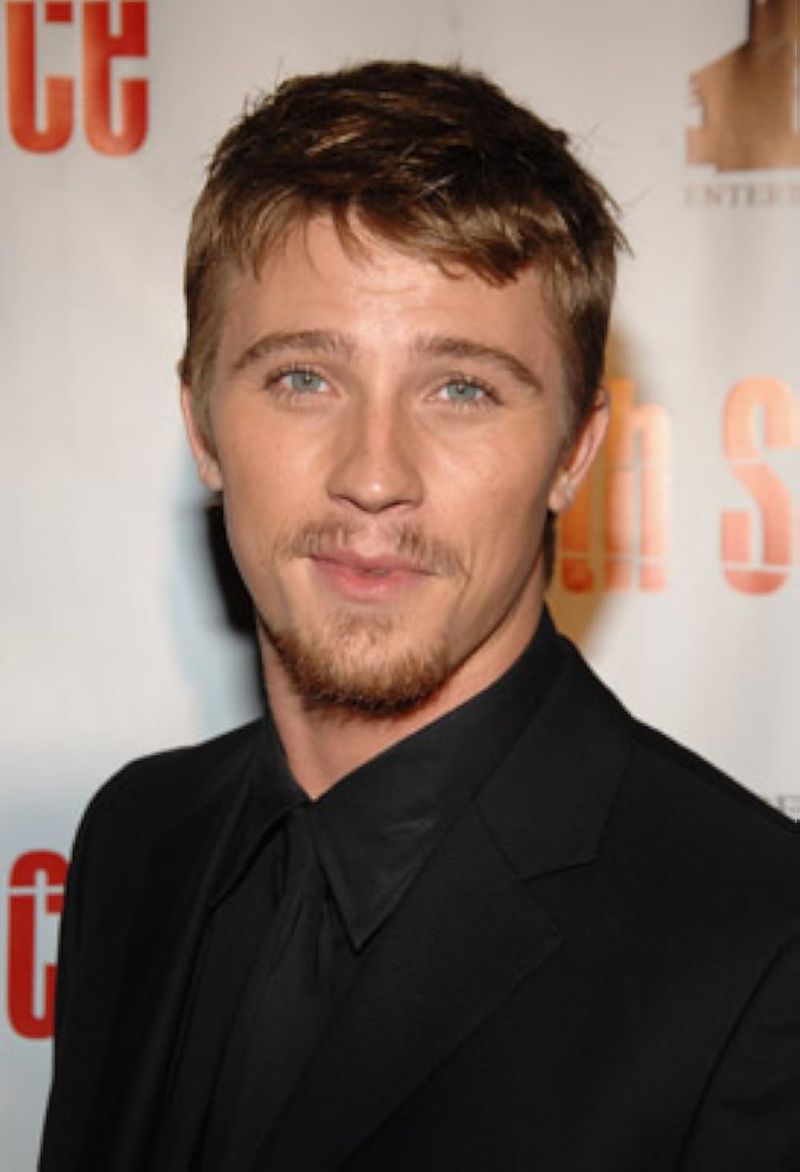
Big swings like TRON: Legacy and later Pan suggested studios saw long-term star wattage. Neither fully connected, leaving him in the nebulous zone of respected but not essential. A steady run of supporting turns and music-inflected roles showcased range without cracking the cultural membrane.
There’s an easy, Americana charisma that plays well in dramas and road stories. When paired with auteurs, he finds an intriguing stillness that lingers. The blockbuster sheen, however, never quite bonded to his name.
He’s carving out a journeyman path that critics appreciate and fans quietly champion. If a prestige TV series lets him anchor an ensemble over time, a reevaluation could follow. Until then, he remains a reliable presence, just shy of marquee magnetism.
18. Topher Grace
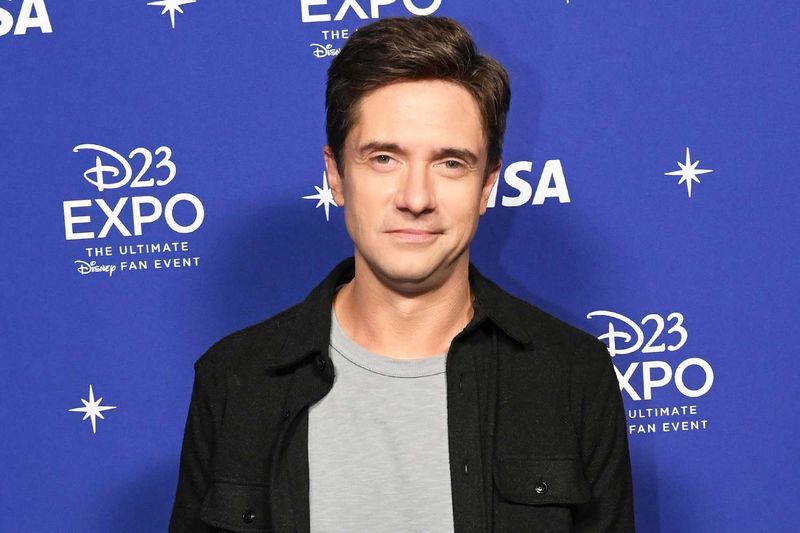
Comedic precision from That ’70s Show made his film leap feel natural, culminating in a high-profile turn in Spider-Man 3. Unfortunately, that blockbuster’s messy reception didn’t rebrand him as a go-to tentpole lead. He’s more quirk than quake, and studios often chase earthquake energy.
Character roles became his sweet spot, where offbeat intelligence shines without needing to carry marketing. He’s delivered sharp supporting work, even clever meta moves like editing Star Wars for fun. The industry respects the brains, even when it withholds the big billboards.
Streaming ensembles and prestige comedies play to his strengths. If a writer crafts a role tailored to his droll rhythm, he could surprise. The A-list window passed, but the niche he occupies is quietly excellent.
19. Neve Campbell
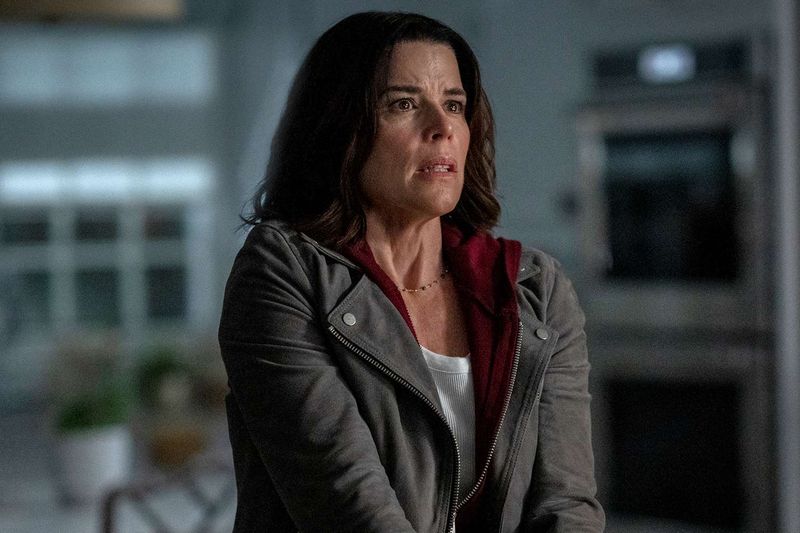
Her face is etched into horror history thanks to Scream, and TV fans adored her on Party of Five. Yet broad studio variety never materialized, keeping her orbit close to Sidney Prescott’s legacy. That kind of iconic association thrills fans but can stall range in casting conversations.
She’s consistently strong, carrying fear and resilience with unusual grace. The film industry, however, often compartmentalizes women into genres and eras. Without a pivot vehicle, the A-list ceiling held firm.
Recent franchise revivals reintroduced her to a new generation with affection. A character-forward prestige drama could unlock a different chapter. Until then, she reigns as horror royalty rather than cross-genre empress.
20. Clive Owen
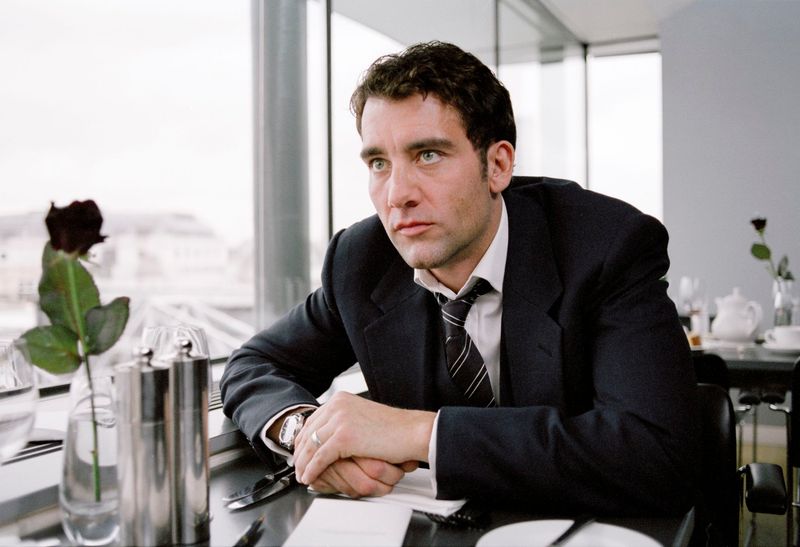
For a stretch, every conversation about suave leading men circled back to him—and often to Bond speculation. He chose intelligent, mid-budget dramas and near-miss franchises that burnished credibility but not megafame. Children of Men showcased gravitas, yet follow-ups didn’t cement him as a box-office constant.
There’s a cool, weary charisma that feels adult in the best way. Unfortunately, Hollywood’s blockbuster engine skews younger and louder. He became a connoisseur’s favorite rather than a four-quadrant staple.
Television miniseries and European productions kept his profile strong with discerning audiences. The career isn’t a missed shot so much as an alternate route taken. Still, the parallel timeline where he’s the definitive Bond remains a tantalizing ghost.
21. Eric Bana
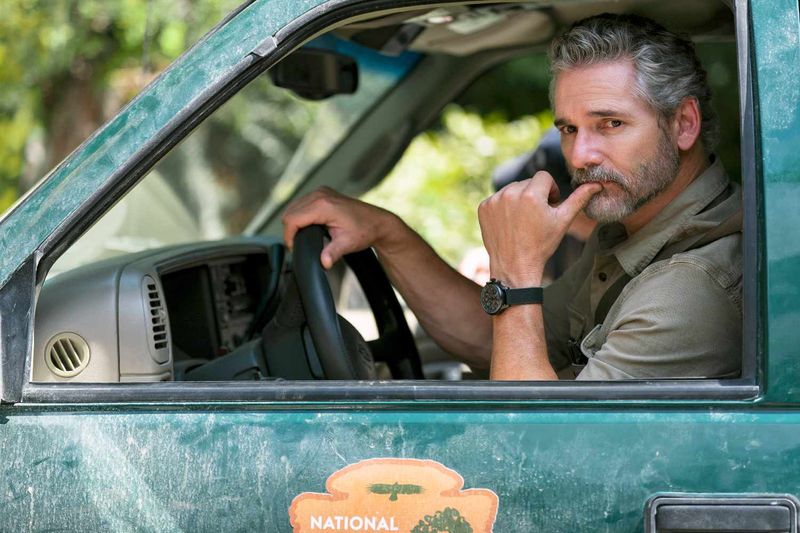
A blistering turn in Black Hawk Down set the stage for stardom, followed by the ambitious but divisive Hulk. As comic-book cinema exploded, his early, uneven outing didn’t grant automatic franchise tenure. Subsequent leads landed with modest thuds rather than seismic rumbles.
He excels in grounded roles, especially when tension simmers below the surface. The industry, however, chased heightened spectacles that didn’t always suit his register. Without a signature hit to rally around, the momentum ebbed.
International projects and character pieces have let him quietly thrive. He’s become an actor audiences trust even if they don’t line up opening night. The A-list miss is less a failure than a mismatch between talent and era’s appetite.
22. Orlando Bloom
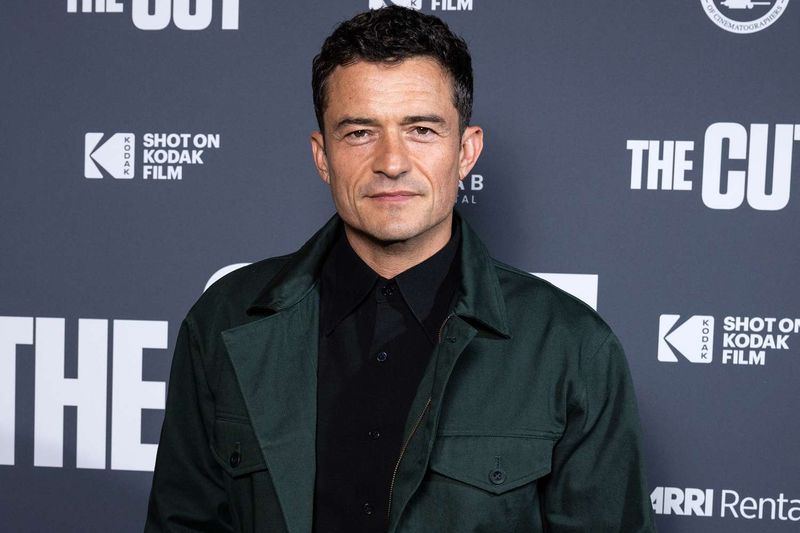
Two of the century’s biggest franchises—The Lord of the Rings and Pirates—made him a global fixture. Yet outside those ensembles, his solo vehicles struggled to ignite, suggesting franchise synergy carried more weight than star draw. When audiences love the world more than the face, box-office independence becomes slippery.
He’s graceful in swashbuckling mode, less distinct in contemporary settings. The industry filed him under “franchise asset,” not “opening-weekend anchor.” Typecasting, albeit flattering, can also be limiting armor.
Streaming fantasy and prestige period pieces have allowed a comfortable re-settling. If he lands a sharp modern drama with teeth, perceptions could evolve. Still, the A-list spotlight glinted brightest when he wielded a bow or a cutlass.
23. Ashton Kutcher
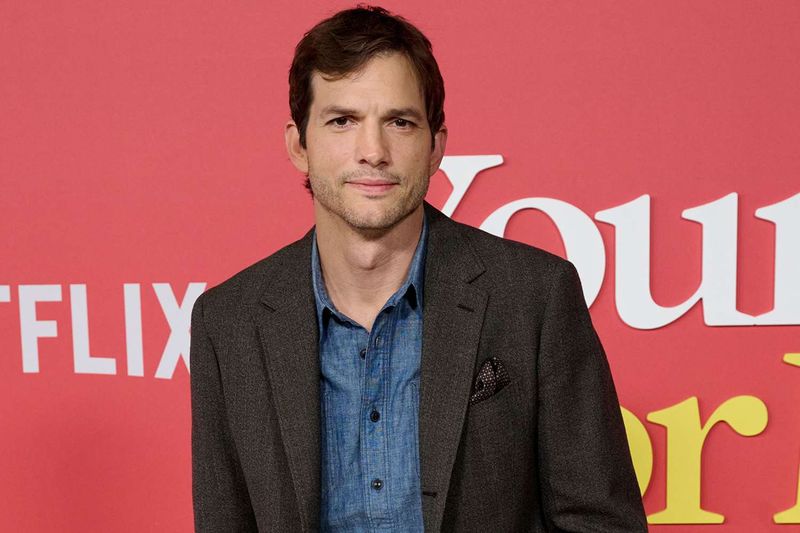
Celebrity capital came easy: sitcom fame, viral pranks, and rom-coms that doubled their budgets. What never materialized was a portfolio of critically muscled roles to balance the bankable fluff. The action-comedy attempts felt flimsy, and awards conversations stayed distant.
He’s a savvy businessman and producer, which sometimes overshadowed the acting narrative. Audiences like him; critics wanted depth that projects rarely offered. When the filmography leans light, the A-list can feel out of reach.
Recent selective appearances hint at a more measured approach. A meaty supporting turn with a great director could pivot perception fast. For now, he’s famous-famous—less a movie titan than a versatile brand with many side quests.
24. Hayden Christensen
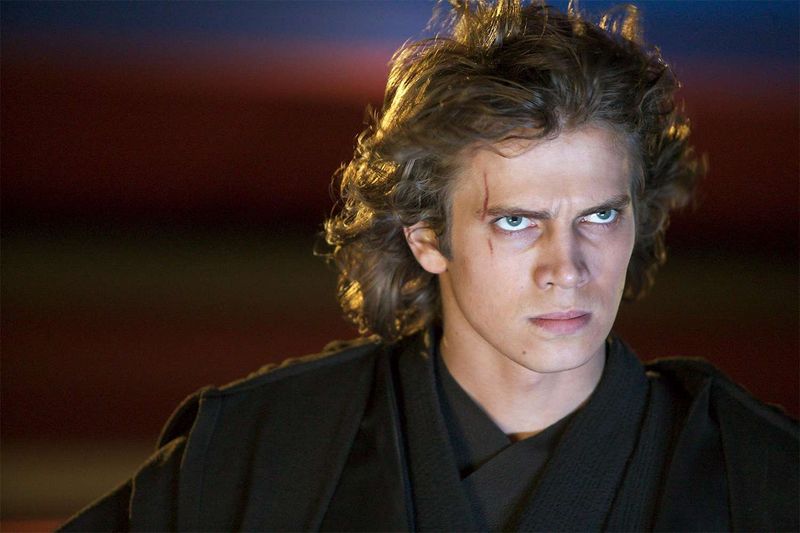
Anakin Skywalker should have been an everlasting golden ticket, but prequel backlash hit hard and personal. He retreated from the spotlight, choosing quieter projects and time away while discourse slowly softened. As nostalgia cycles turned, fans reappraised his earnestness and the trilogy’s tonal choices.
The long absence meant missed years of momentum-building roles that turn visibility into clout. Hollywood loves a redemption narrative, and his return to Star Wars TV rekindled goodwill. Still, A-list status demands breadth beyond a single galaxy.
If he parlayed the renewed affection into a sharp, contemporary drama, the story could evolve. The talent was always there; timing was the villain. For now, he’s emblematic of how fandom tides can both batter and buoy a career.

Comments
Loading…